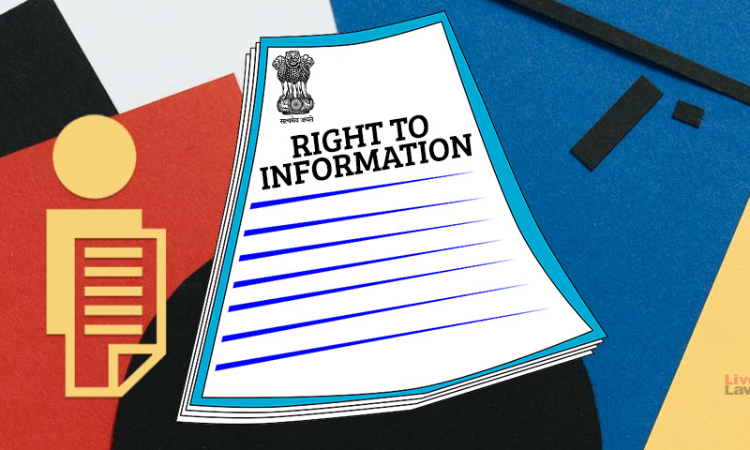In a significant ruling, the Punjab & Haryana High Court recently held that authorities including the Appellate Authorities under the Right to Information Act (RTI) have been passing “cryptic and non-speaking orders” in violation of the judgements of the Supreme Court, High Courts and mandate of the RTI Act.Justice Vikas Bahl thus directed authorities handling appeals under the Right...

